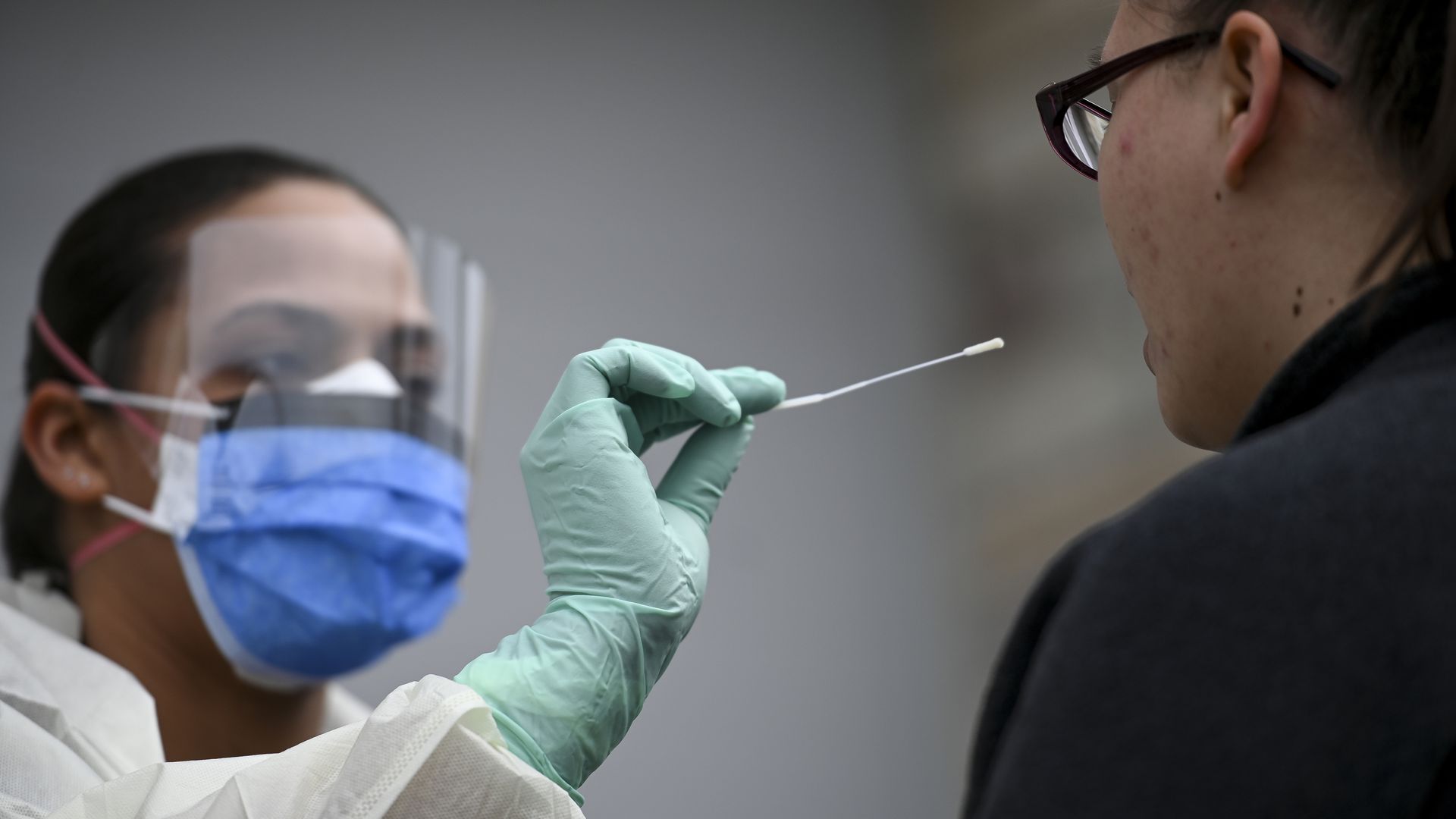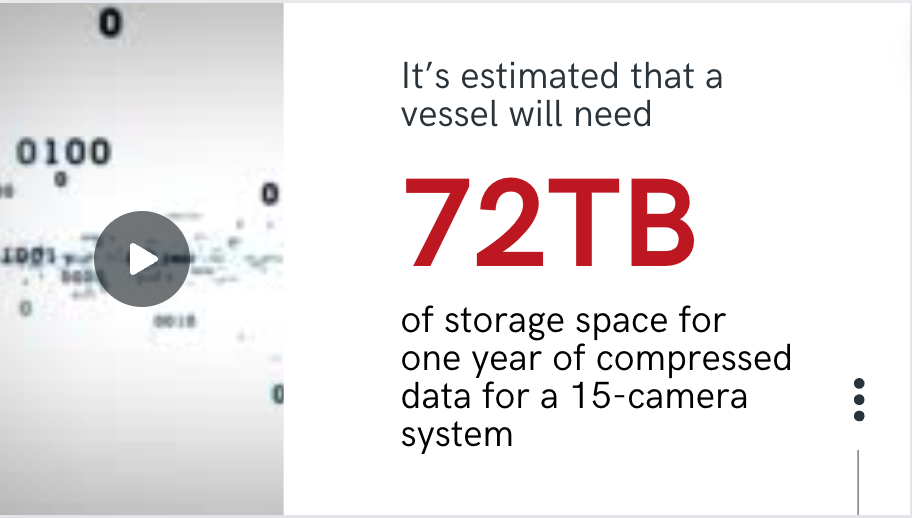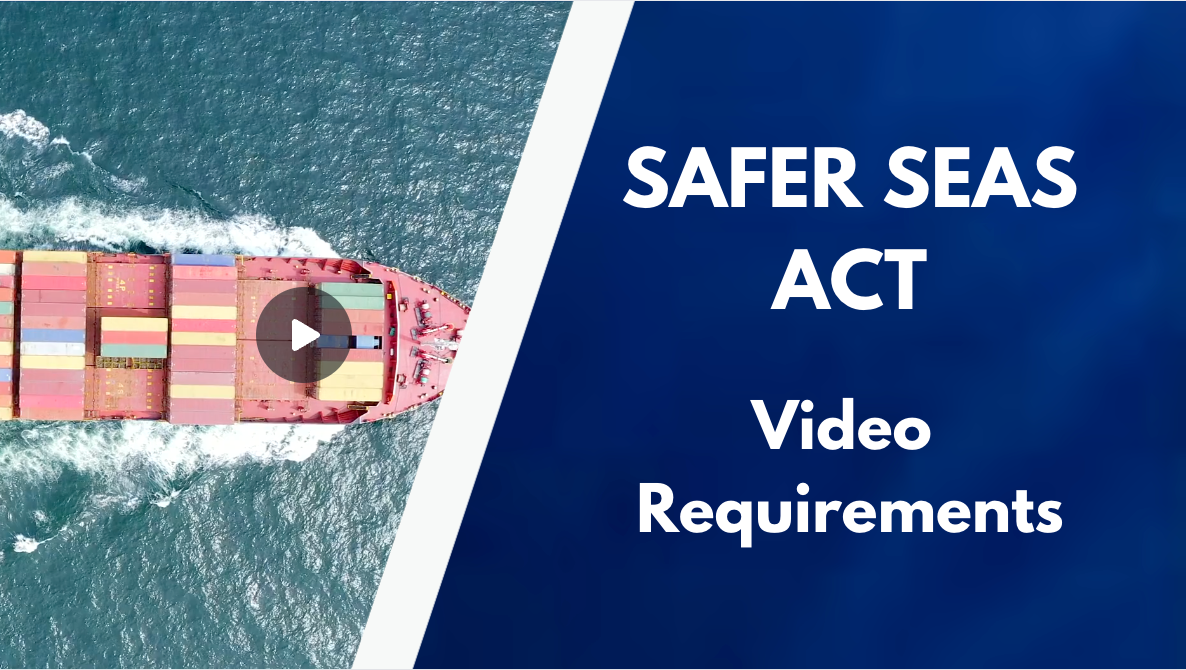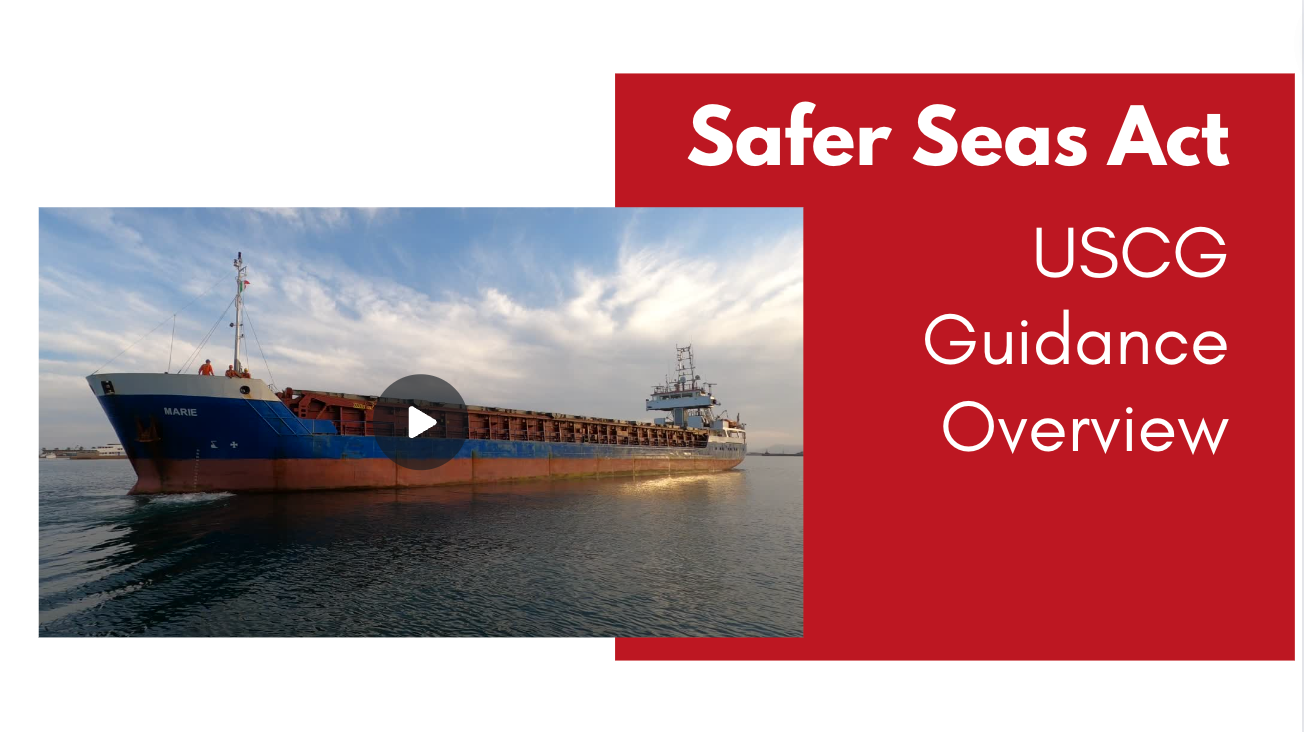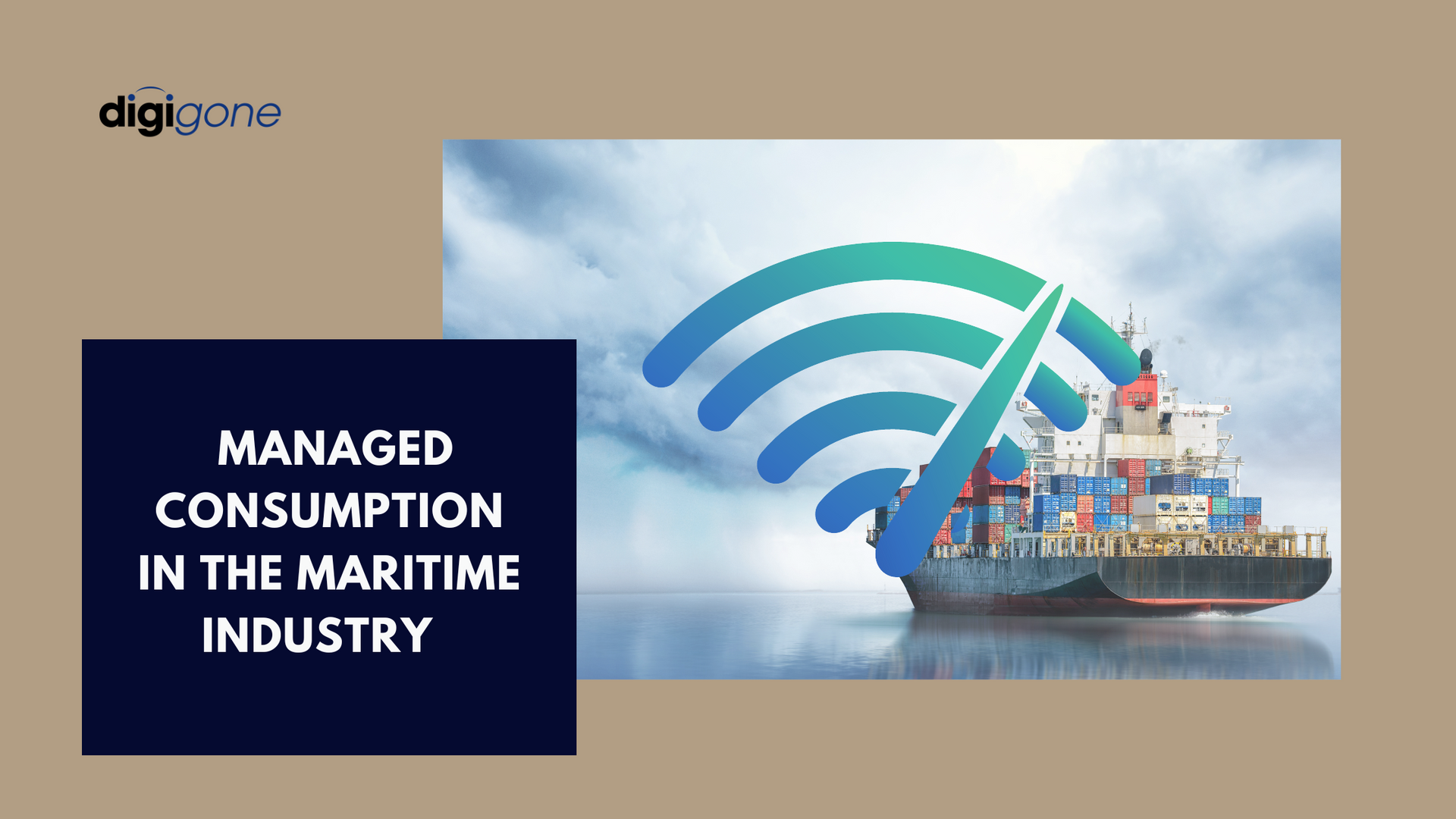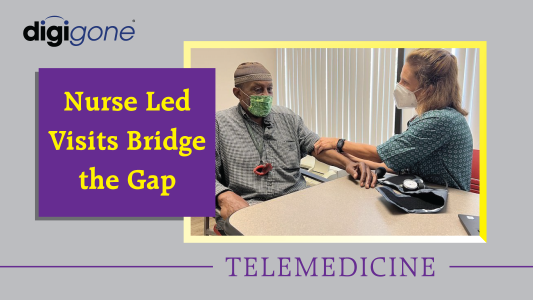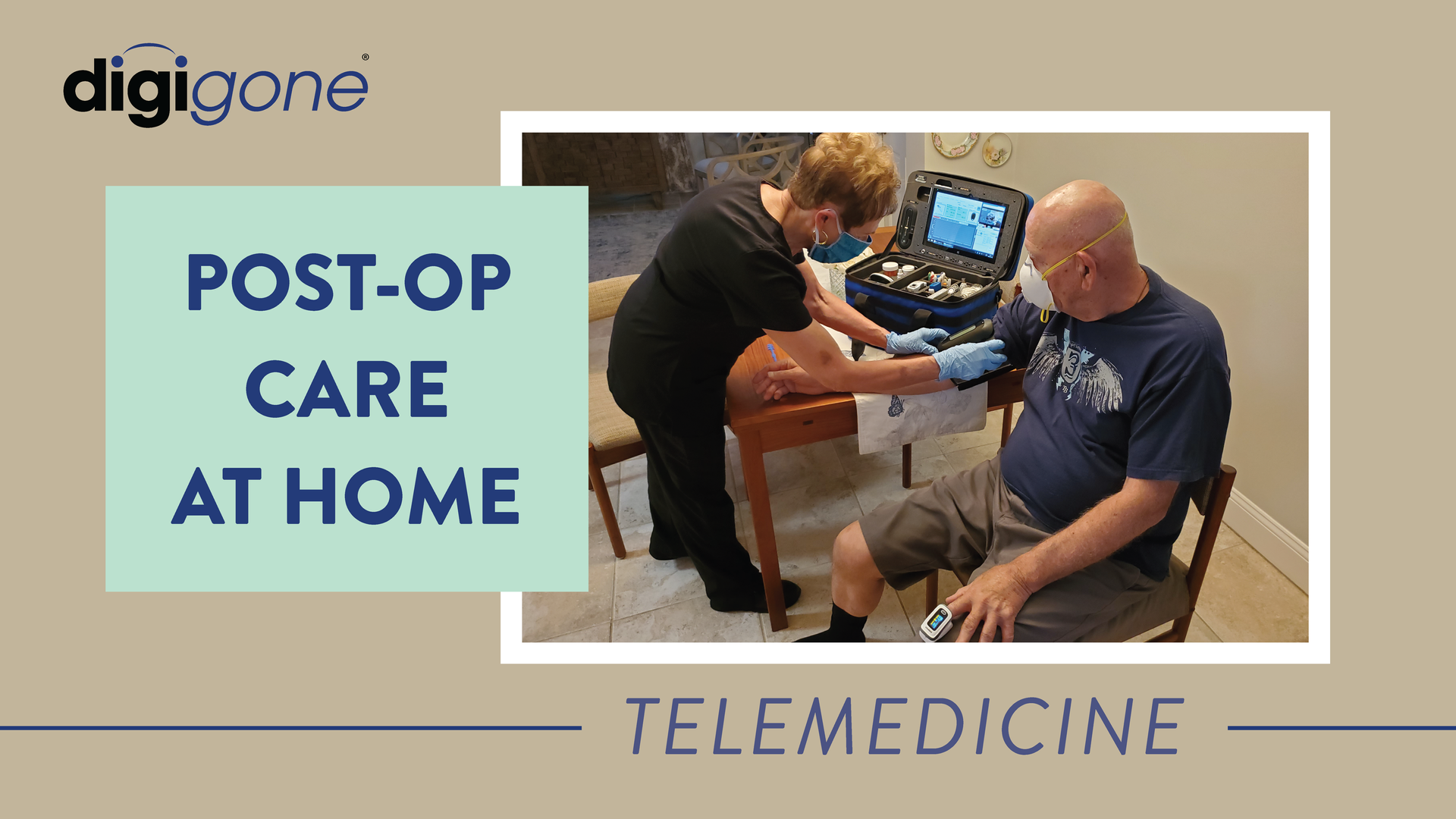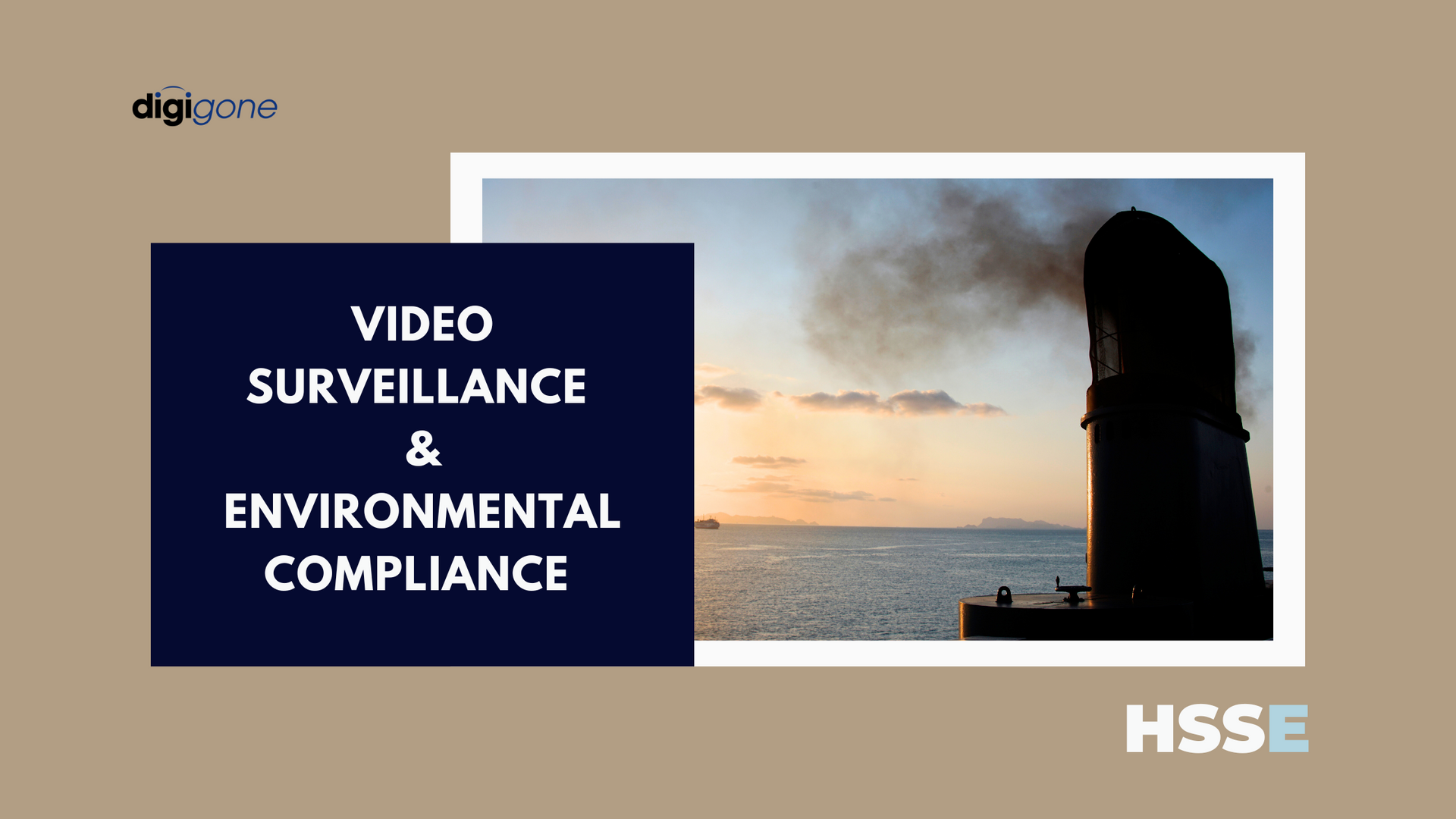The Future of Yachting? We’ll Get Out of These Doldrums, But Things Will Be Different
DigiGone • April 7, 2020
An article in Fast Company on April 2 reported that in Iceland they randomly tested a group of 9,000 people and “a whopping 50% of all positive cases were in people reporting no symptoms.” Indicating a lot more people are carrying COVID-19 than the numbers actually show.
As well, the C.I.A. reports
that China has been “vastly underreporting” their numbers. What does all this mean? Get comfortable. Most states and countries will probably stay the course on quarantine measures at least through April, if not longer.
Meanwhile, yacht charter firms such as The Moorings are suspending all charters departing up until May 11. They’re taking bookings for after that period, but who knows what will happen in the long run.
What Lies Ahead?
Honestly, if anyone said they knew, they’d be lying through their teeth. Some marinas are still open, but should they be? Sure, boat owners can self-isolate on the water, but if that involves a crew who has family, should they? If you’re not in a “hotspot,” is it OK to hit the seas? Again, what’s the right thing to do?
But looking far ahead, it’s not all doldrums. Hold steady. The very sequestration qualities of yachting might be what propels the industry when this is all over. Whereas cruise ships have turned into truly desperate situations
with humanitarian groups having to step in, yachts deal in much smaller parties and are run by small, often highly skilled staff.
Plus, sheltering-in-place might whet the appetite for summer travel. Raphael Sauleau, CEO of Fraser Yachts, put it rather succinctly in a statement on their site:
“The privacy and security of being on board your own private yacht away from the crowds; the reward of quality time spent with those you choose to share it with; the appreciation of our oceans, our nature and our landscapes… and the ultimate satisfaction of taking the time to see and enjoy what this world has to offer.”
Lessons for Post-COVID-19
How we travel, where we travel and with whom we travel will certainly change after all of this. And the yachting industry would be remiss to not advertise its particular advantages here.
One of the biggest lessons of all will be the ability to monitor and swiftly react to the health of all passengers and crew on board. Can you assure potential customers and recruits that you have a plan for dealing with sick passengers? You better.
It’s Time to Take Stock
Perhaps for the next month or so, boat owners and captains should take stock of essential items that will ensure safety onboard. Such as cleaning supplies, including personal protection equipment and masks, which would be essential in containing a virus should someone get sick.
What about your telemedicine services? Can you contact a doctor from anywhere in the world? The technology is there. No reason not to. It’s cheaper than an unplanned trip port to find a doctor or hospital. With encrypted bandwidth and services that allow contact with a doctor 24/7, this is a no-brainer.
And how up to date is your telemedicine kit? Basic diagnostic equipment will be your first line of defense. Things like temperature, oxygen levels, pulse rate will allow for a quick baseline diagnosis.
Here is a link to a recent medicine kit checklist article.
Promote Your Telemedicine Capabilities
Finally, when you have all these things in line, be sure to let your crew and passengers know about the full medical capabilities onboard your vessel. Don’t make them ask; tell them upfront. Use existing marketing channels (Facebook, websites, brochures) to outline your safety guidelines and procedures. The fact that you have a virtual walk-in clinic onboard along with the capabilities to provide a quarantine for any sick passengers might be key to getting back on the water sooner, rather than later.

Telemedicine kits are becoming indispensable tools for home healthcare providers, particularly during transition care medical examinations (TCMs). While the initial TCM is conducted by a physician who generates revenue from the service, the telemedicine kit significantly benefits home healthcare providers by expediting patient registration for their care services. With a nurse or medical assistant deploying the kit, patients can be quickly evaluated and connected with a physician, ensuring all necessary documentation and approvals are completed more efficiently. This faster onboarding process allows home healthcare providers to register more patients in less time, helping them deliver care sooner and grow their services efficiently. The ability to “bring the doctor” to the patient through a telemedicine kit is invaluable in initiating care seamlessly. Once patients are on board, home healthcare providers can continue leveraging telemedicine technology to improve how they deliver services. The kits enable nurses and medical assistants to perform follow-up visits, diagnostics, and real-time consultations without requiring patients to leave their homes. This capability allows providers to optimize their schedules and visit more patients daily, all while maintaining a high standard of care. The efficiency gained means better coverage, smarter use of resources, and happier patients. Beyond efficiency, telemedicine kits help providers build stronger connections with their patients by making care more accessible and personalized. Providers can quickly respond to emerging health concerns, adjust care plans, and ensure ongoing monitoring—all from the patient’s home. This not only leads to better patient outcomes but also boosts the provider’s reputation for being reliable and innovative. By facilitating the registration of more patients and enhancing care once they are onboarded, telemedicine kits are powerful tools that enable home healthcare providers to expand their reach, improve operational efficiency, and thrive in an increasingly competitive market. In a rapidly evolving healthcare landscape, telemedicine kits are revolutionizing how home healthcare providers deliver care, enabling faster patient onboarding, enhanced service delivery, and stronger connections with patients. By integrating this indispensable technology, providers can streamline operations, improve patient outcomes, and position themselves as leaders in care innovation. Don’t miss the opportunity to elevate your home healthcare services. Explore how telemedicine kits can help you expand your reach, optimize your resources, and deliver exceptional care. Contact us today to learn more and take the next step toward transforming your care delivery model.
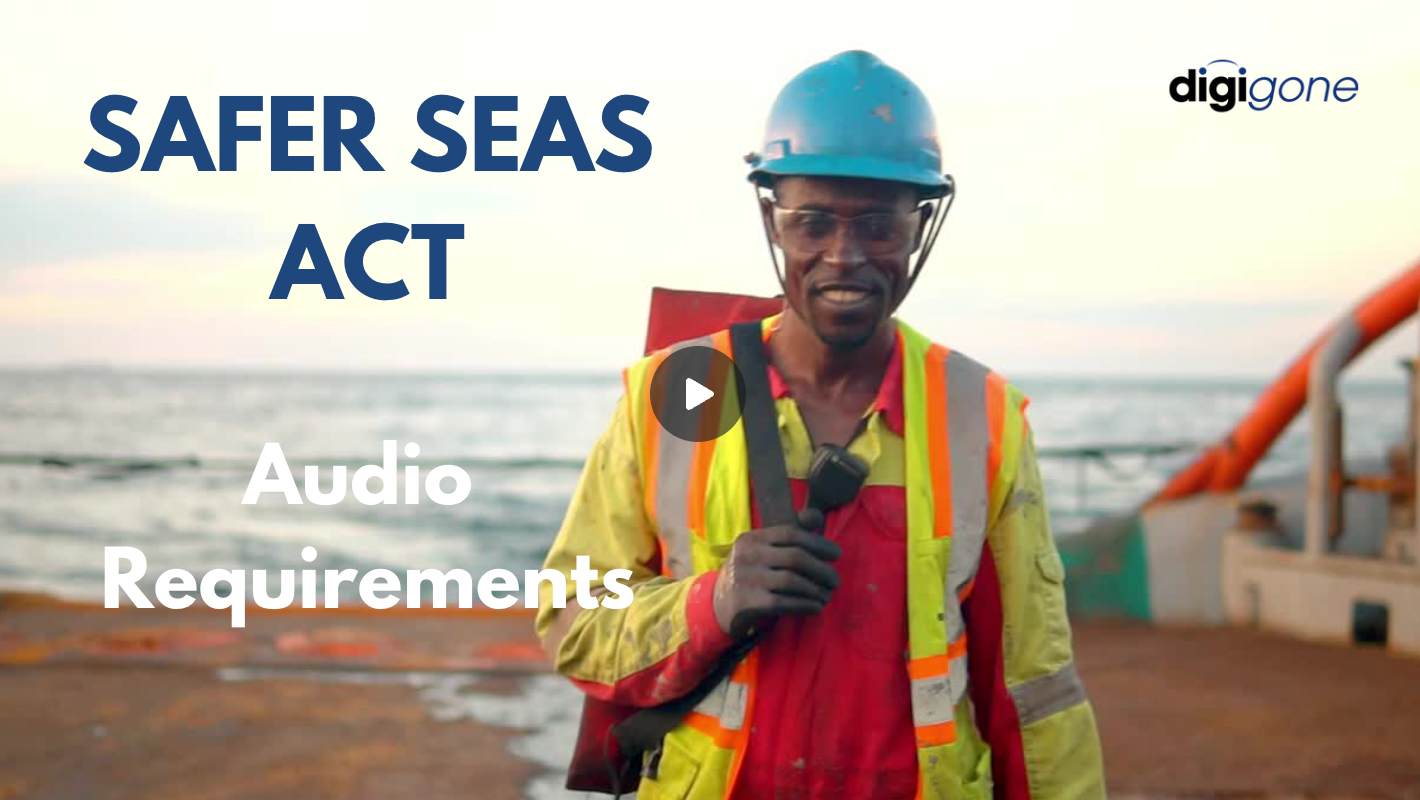
With the new Safer Seas Act, vessel companies must comply with many new regulations by the end of the year. One of those requirements includes audio equipment placed outside of hallways leading to staterooms, which DigiGone can help with. And while this may seem burdensome, these new rules will be good for vessel companies in the long run.



